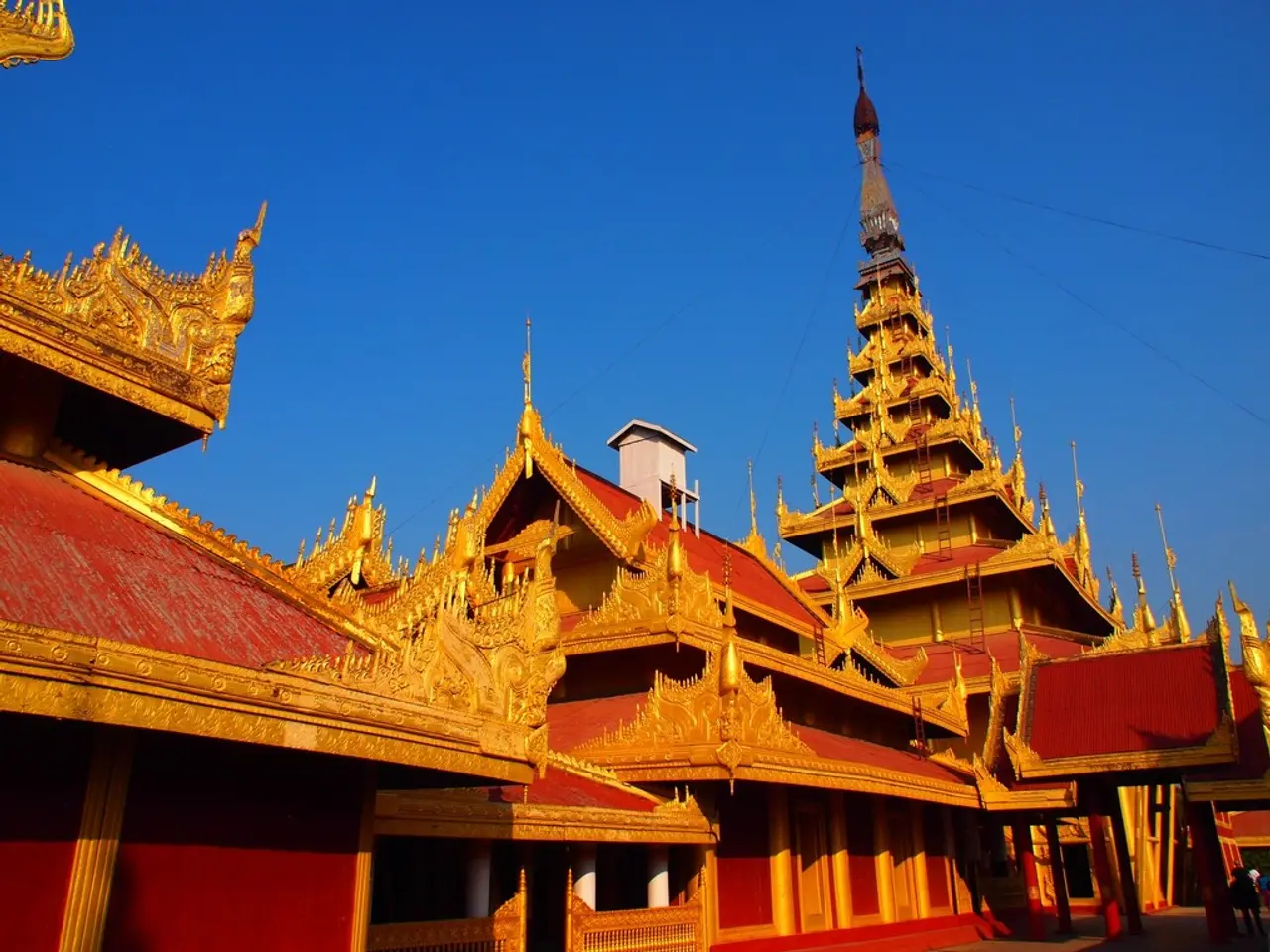Ensuring an 'acceptable, enjoyable' election is the goal of CA Yunus
Bangladesh Pursues Comprehensive Reforms Aiming for Free and Fair Election
Bangladesh is embarking on a significant political transformation, with the interim government spearheading reforms to ensure a free and fair election scheduled for next February. These reforms encompass electoral, judicial, and governance changes, as the country seeks to restore democratic credibility and stability.
The electoral system is at the heart of the reforms, with discussions revolving around replacing the current first-past-the-post (FPTP) voting system with proportional representation (PR) or mixed electoral models. This move is intended to make Parliament more representative and reduce winner-takes-all distortions that fuel political polarization and unrest. However, the constitution mandates single-member constituencies, making reform a challenging task requiring major amendments and public consensus.
Another key reform is the reinstatement of a caretaker government system to oversee elections, a move aimed at enhancing impartiality and trust. Talks are ongoing to resurrect this system, which was previously scrapped.
Eleven reform commissions have been established to overhaul the election commission, judiciary, and police. Notable reforms include calls for full judicial independence from the executive branch, a separate judiciary secretariat, and the formation of an independent Police Commission to ensure police accountability.
Over 30 political parties have engaged cooperatively on constitutional and governance reforms, agreeing on issues like limiting the prime minister to two terms and developing a fully democratic party leadership process.
However, the interim government's decision to ban all activities of the ruling Awami League (AL) and suspend its registration has been controversial. This exclusion risks deepening political division and is a significant hurdle in the path towards a unified democratic process.
While reforms have been ambitious on paper, progress has been slow due to lack of electoral mandate for the interim government, resistance within entrenched institutions, and strategic actions by authorities targeting some political groups over others. Sustained reform requires breaking the cycle of retributive politics and reestablishing institutional neutrality and accountability.
Prof Muhammad Yunus, the Chief Adviser, has expressed hope that his leadership leaves a lasting legacy for Bangladesh. He has also stated that Bangladesh is willing to work with anyone interested in investing in the country. Prof Yunus's recent visit to Beijing and meeting with Chinese President Xi Jinping is a testament to this openness.
However, relations with India have been strained since Bangladesh sought the return of former Prime Minister Sheikh Hasina, and India has not responded to the extradition requests. Prof Yunus has defended his government's approach, stating that decisions are economically driven. He has also stated that Bangladesh will not attempt to extradite Sheikh Hasina from India.
Sheikh Hasina, who has been accused of ordering a crackdown on an uprising that resulted in over 1,000 deaths, is currently on trial in absentia. Student-led protests had demanded her resignation, leading to deadly clashes with security forces and supporters of her Awami League party.
Despite these challenges, Prof Yunus remains committed to delivering a credible national election and expressed concern about the potential for Sheikh Hasina to destabilize Bangladesh through her followers. He has expressed hope that his leadership leaves a lasting legacy for Bangladesh, focusing on economic development and democratic reforms.
References: [1] The Diplomat - Bangladesh's Election Reforms: A Roadmap to a Free and Fair Poll [2] The Daily Star - Electoral reforms: Time to move forward [3] The Financial Express - Bangladesh's political reforms: Challenges and opportunities [4] The Asian Age - Bangladesh's political reforms: Progress and setbacks [5] The Dhaka Tribune - Bangladesh's political reforms: A comprehensive approach
Read also:
- Lu Shiow-yen's Challenging Position as Chair of the Chinese Nationalist Party (KMT) Under Scrutiny in Donovan's Analysis
- China Accuses Thai Art Exhibition of Falsifying Views on Tibet, Xinjiang, and Hong Kong Policies
- Critics harshly condemn decreases in humanitarian relief funds by MEPs
- Proposal for a radiation safety directive for workers is now under consideration by the Commission.








